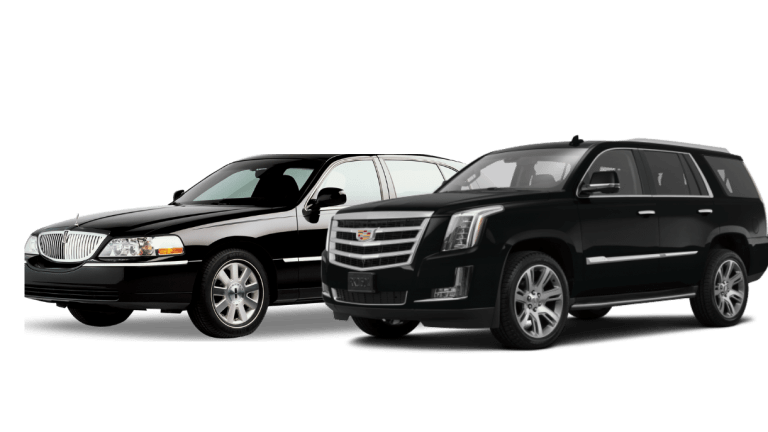
Three startup founders emphasized using technology as an enabler to build a sustainable business model for the future. Speaking at the Hindustan Times Leadership Summit, they also underscored the need for promoters or founders to create a value system rather than just focusing on boosting profits.
According to Zomato founder Deepinder Goyal, the founders of businesses should decide whether they want to increase the valuation of their businesses or create a value system (helping the society) through their products or services. “Ten years ago you could have technology-driven businesses but now it’s not sufficient. Tech is just an enabler for us to reach millions of people. So, our business is definitely not technology. We want to build a company which serves better food to everyone,” said Goyal during a panel discussion.
Zomato now directly sources raw material from farmers and supplies to its partner restaurants, as it seeks to offer fresh food to its customers without preservatives. The startup also certifies restaurants which source raw materials, such as meat, from it. The supply of ingredients contributes around 10% to Zomato’s revenue.
Canadian entrepreneur Brad Loiselle, the founder and chairman of betterU Education Corp., an online education platform, said technology is an enabler and not a solution, and profit has never been a focus for the company.
“We will make money, but money has never been a driver. Focus has always been on solving problems. Our goal is to be profitable and sustainable at the same time,” he said.
As Prime Minister Narendra Modi has set a target of making India a $5-trillion economy by 2025, entrepreneurs or founders of startups, including Goyal and Loiselle, are also expected to play a significant role in achieving the target.
Jeremy Jauncey, who started Beautiful Destinations, a platform that’s redefining travel marketing in a hyper-connected world, as an Instagram account in 2012, documented stunning pictures of his travels. Today, the account, which has over 12 million followers, has become a thriving community on social media, with over 20 million followers across the world.
“Travel is a positive force. It is one of those industries in the world that can truly change lives,” said Jauncey at the Summit. Beautiful Destinations has a combination of original and user-generated content and offers services as a creative agency, he said, adding: “We have a mobile society today that travels more. We have this enormous opportunity to tap on this.”
With more and more startups in India joining the unicorn club (with valuations of $1 billion or more), founders sometimes get obsessed about increasing the valuation of their respective firms rather than focusing on creating a proper business model.
Due to the slowdown in global and Indian economy, and failure of some startups, investors are also becoming cautious about investing in startups.
Zomato, though, is expected to raise $500-600 in the next three to six months.
According to Goyal, it’s getting harder to raise money, but good companies will still get funding.
“When you raise money at a billion valuation, then you are expected to become a $5 billion company next, and for that, you have to raise money again. Then you are asked to aim at $10 billion. When your competitor has raised a billion then you also need to raise some funds.”
For betterU’s Loiselle, the biggest challenge was raising money since not many people from Canada understand India. “There has to be some government support. India has the potential to supply workforce to the rest of the world while my purpose is to bring education,” he added.
[“source=livemint”]



